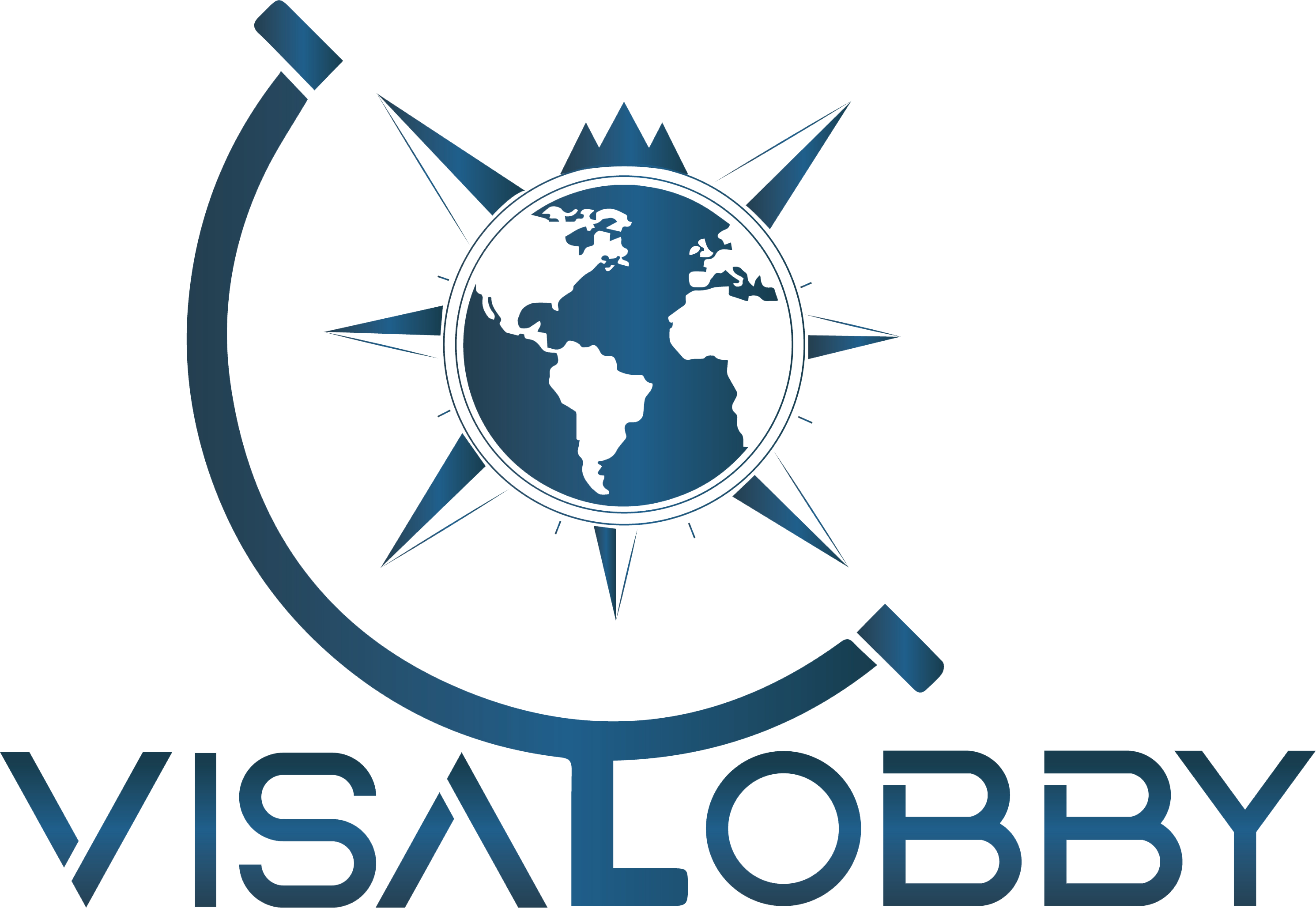


Canada is continuously seeing a giant immigration backlog. The situation is just worsening, where the temporary and permanent backlog collectively has increased from 1.8 million in March to 2 million in April 2020 for all categories. It has put an unease among applicants globally. Many are still waiting for the final response from the Canadian immigration department for the last three years.
An only considerable amount of better situation can be seen in decreased backlogs in Express Entry. As of March, 52,000 applicants were waiting for responses, down to 45,000 in April.
As worries are rising among applicants, they can be heard complaining about transparency and communication issues by the IRCC offices in their regions. Hurdles to reaching the agent, hours-long wait on calls and no clear communication about completion of visa processing time have annoyed many.
A long-distance from family members puts a hold on many major life events. People who apply for permanent residency from outside the United States have considerably more difficulty contacting an immigration agent and getting answers to their questions. But there are some reasons why applicants are experiencing such responses.
Canada is a dream of many, so there are tons of applications for residency permits every year. Initially, after the Covid-19 pandemic, IRCC closed their offices in multiple locations worldwide. It in turn caused the cancellation of citizenship ceremonies, interviews, and appointments. Also, their staff started to work from home.
The crisis got further worse when the Taliban took over Afghanistan. Because of that, there was a massive inflow of refugees toward Canada. It additionally mounted the backlogs. But the crisis went to its apex when the Canadian government launched a new immigration program Canada-Ukraine Authorization for Emergency Travel (CUAET) offering fleeing Ukrainians from war to reside in Canada on temporary resident visas. Thus, it piled up more applications, further slowing the visa processing time.
Although it has become an annoying situation and a headache for many, IRCC realizes the situation. And they are hopeful of resolving this issue in the best way possible. According to them, they are actively updating the processes for efficient workflow. They offer new services for applicants, such as virtual citizenship ceremonies, online testing and an online application tracker to keep track of papers.
Furthermore, the federal government has funded $85 million to IRCC to reduce application processing time and application inventory backlogs. Also, they intend to hire more employees to increase efficiency by using human resources. Not only this, but the city of Ottawa has shown solidarity in this matter by adding in the future $2.1 billion in five years and $317.6 million more in their budget for 2022.